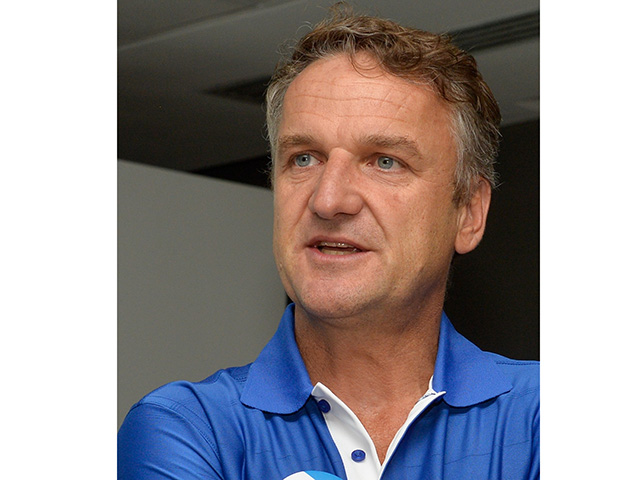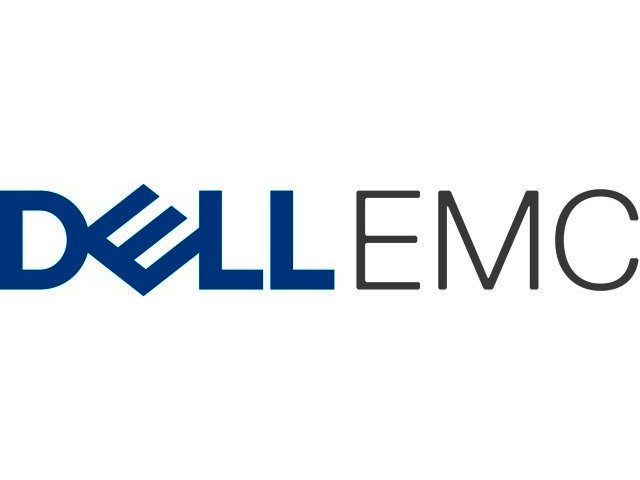“Technology is nothing. What's important is that you have a faith in people, that they're basically good and smart, and if you give them tools, they'll do wonderful things with them.”
It may surprise you to learn who said these words: none other than the late Steve Jobs. Even more astounding is when he said it: 24 years ago, in 1994, long before the iPod, iPhone and a revolution that changed our societies forever.
How is it that the man responsible for one of the greatest technological seachanges in human history can be so dismissive about the very things he sold? It’s because Jobs understood one fundamental very well: without people, there is no success.
This was a key theme during the Dell EMC Forum, held in Johannesburg earlier this year. Even though the company is a titan and leader in providing the powerful background systems that are transforming how we live, work and play, that is only a part of the picture. When Dell Technologies CEO Michael Dell created the vision for the merger between Dell and EMC, he foresaw a world where what happens at the coalface is as important as the technology in the background.
Michael Dell, founder and CEO of Dell Technologies.
Workforces are changing
Chris Buchanan, Dell Client Solutions Director for Southern Africa, is a fervent believer in this view and frequently promotes the importance of making sure a company’s people have the right tools to let them get the job done right. Speaking at the conference, he explained how we can’t disregard the changes where the action is happening:
“Moore’s law tells us that technology doubles in speed every two years. But most work is still being done at the endpoint, on the PC or notebook. It’s important that organisations realise that making subtle changes in how people interact with these devices, they can unlock big productivity gains from their most important assets, their employees. This is what’s meant by workforce transformation.”
There are many reasons why workforce transformation should be a key topic of conversation at companies. The first is clear: how we work has changed. People not only do much more on their devices, but they do work away from their desks and outside office hours more frequently. They work harder, often because the tools at their disposal help them to do so. If you’ve ever enjoyed the convenience of responding to a critical email on your phone, you have ample proof of this phenomenon in effect.
But many companies are failing at this: even though 82% of employees want customised technology to boost their productivity, only 20 percent are satisfied with their business devices.

Chris Buchanan, Dell client solutions director, Dell South Africa
Attracting Talent
This new way of working has come as a surprise to some. Even Buchanan admits it took him a while to separate the work/desk dynamic and to learn that a visible employee is not necessarily a productive employee. Yet newer generations, especially those born in the Eighties and onwards, take this kind of workplace approach as a matter of fact. As a consequence, accommodating their needs has become a part of recruitment:
“How do you attract talent? You make it a nice place to work. I had a really interesting conversation with one of our banking customers. As with most banks they are pretty conservative in their approach to technology. However, this bank was talking about rolling out our top of the range notebooks to their clerical staff. The reasoning behind this was that it was a great motivator for their employees and showed their customers that they were on the cutting edge of technology. Happy employees and impressed customers - It’s a double whammy.”
Yet workforce transformation goes beyond notebooks and PCs. Surveys have found that even something like a good headset - a salve for those noisy office days - can have a very positive impact on employee morale. More so than even a games room or new canteen.
Dell EMC has taken this very seriously, focusing on both practical and aesthetic elements of its consumer devices. The result was 63 awards at the Consumer Electronics Show (CES) this year - more than it had won in the previous decade combined - as well as 18 consecutive quarters of growth in the device market. Not bad considering that PCs and notebooks are supposed to be dying out.
But they are not. Instead, today’s user is more discerning. They know what they need to get the job done and they know who to blame when the technology lets them down.
For more insights from Dell EMC Forum, visit the links below
Part 1: The Digital Transformation Opportunity
Part 2: Workplace Transformation Revisited
Part 3: Embarking on the Digital Transformation Journey
Part 4: A World of New Possibility
To find out whether Is your company getting the most out of workforce transformation,visit https://tools.marketimpacttools.com/go/dell/workforcetransformation/index.html
and take a quick 5-minute audit to see how taking charge of workforce transformation can make a huge difference to morale, skills and the bottom line.





